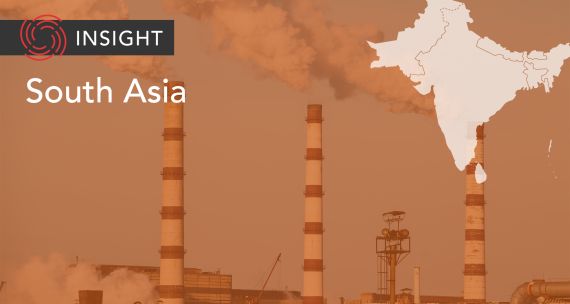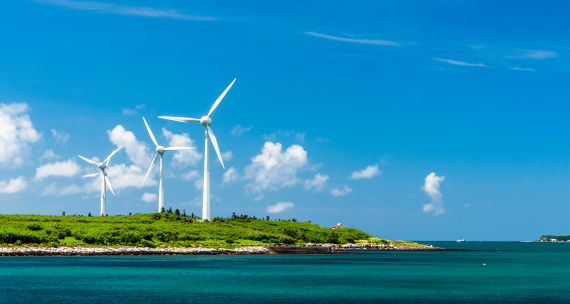Leaders from the most powerful developed and emerging states will descend on Hangzhou, China next month to deliberate on the state of the world’s economy. The G20 Forum — a brainchild of our own former prime minister (then finance minister) Paul Martin — was established over twenty years ago in response to the Asian financial crisis that began in Thailand and reverberated globally. While we aren’t in crisis today, there are ominous clouds on the economic horizon: very modest growth rates in mature economies; a backlash against the liberal trading order following BREXIT and questions around the Trans Pacific Partnership; and, more evidence that the climate challenge has not abated, with recent reports from NASA that global temperatures are continuing to break new highs.
Global leaders are looking for some good news — some practical ideas on how to navigate the growing complexities of our modern world. Prime Minister Justin Trudeau is well placed to provide a fresh and positive perspective on three key issues on the G20 agenda: promoting economic growth, addressing the climate challenge, and improving global food security. These issues have particular relevance for the Asia Pacific, where six of the G20 economies are located.
Mature economies are slowing down and witnessing new wealth being unequally shared, while leaders are looking for ways to promote sustainable and equitable growth. In Canada, we know that supporting small and medium-sized businesses (SMEs) can be a successful strategy. We have 35 years’ practical experience under our belt, starting with government policies aimed at small business development in rural communities to more recent programs fostering entrepreneurship and helping SMEs innovate and compete.
Prime Minister Trudeau can share our experience with his G20 counterparts and — particularly in the context of our Asian partners — commit to building on some of the SME enterprise support programs that he announced last year and again earlier this month. There is no doubt that they will not only be welcomed by our Asian partners, but will also benefit Canadians. These programs will ultimately open up markets to Canadian companies and give Canadians access to a more diversified selection of consumer goods.
Climate challenges are not going away. To address them, G20 leaders are looking for fresh ideas on how government and the private sector can collaborate to develop and promote environmentally-friendly economies. Accelerating the adoption of clean technologies is central to this discussion. Given Canada’s expertise in areas like clean transportation, renewable energy, waste and water treatment technologies, and fuel cells, Prime Minister Trudeau will have a strong foundation from which he can promote Canadian clean tech know-how. He can also use the Summit to signal Canadian interest in clean tech collaboration with other states, particularly in Asia. Canada and China, the fastest-growing clean tech market in the world, have already been kick-starting partnerships. This year, two Toronto-based venture capitalists and the Shanghai Advanced Research Institute (SARI) established an organization that will help North American clean tech companies’ export to China. Similar partnerships will help Canadian clean tech companies share their products and knowledge, as well as increase Canada’s relevance internationally.
The Asia Pacific is home to 490 million people suffering from chronic hunger and almost 62 per cent of the world’s undernourished. Compounding an already dire situation, climate change is leading to additional stress on land and water resources. Not surprisingly, food security and nutrition is an agenda item that will feature prominently at the Hangzhou Summit and it is one that Canada has much to contribute to.
Canada’s vast arable land and abundance of water has helped us transform our food sector into a crucial part of our economy. According to the 2016 Global Food Security Index, Canada ranks as having one of the highest standards of food quality and safety in the world.
Canadian companies have long been providing high-quality food products to Asia Pacific countries. For example, India is one of Canada’s key markets for potash and pulses. And Canada is further sharing its expertise on food security by developing innovative sustainable agricultural kits for Nepalese farmers, and improving food security for Cambodian farmers through new farm ventures. By promoting the high-quality food Canada produces and the knowledge that comes along with it at the G20 Summit, trade and investment and food security partnerships between Canada and both G20 and non-G20 Asia Pacific members are sure to increase.
At this year’s G20 Summit, Prime Minister Trudeau has a chance to bring some homegrown Canadian solutions to the global arena. In doing so, he can reconfirm our commitment to being good global citizens while raising our profile and relevance. It’s a win-win situation for everyone.
This piece was first published August 31, 2016 in The Hill Times.



